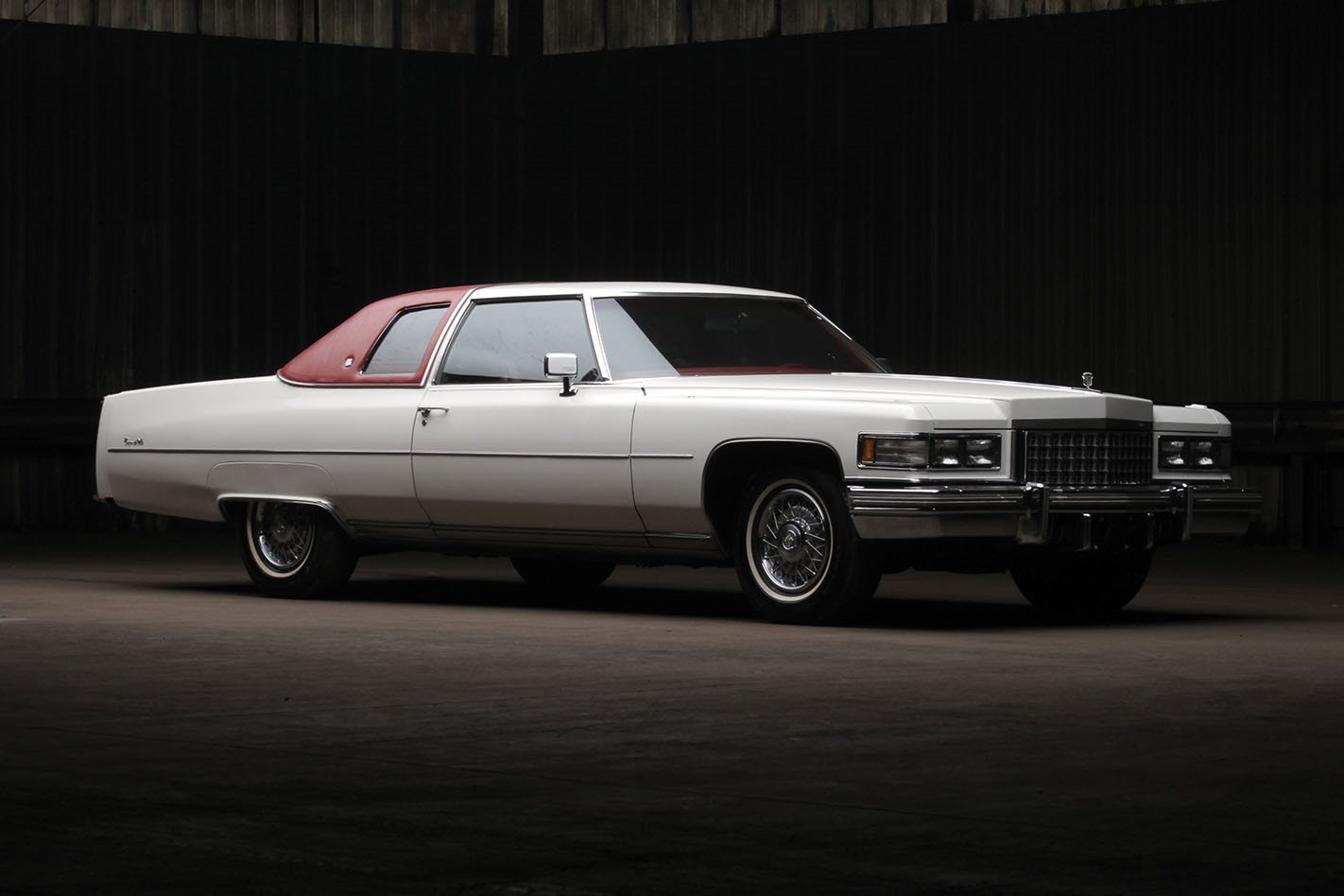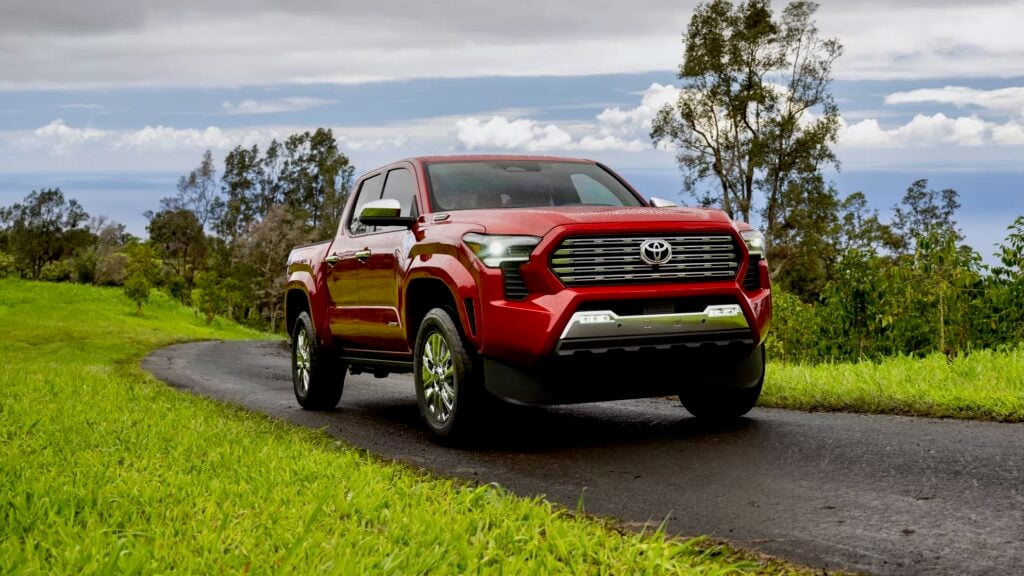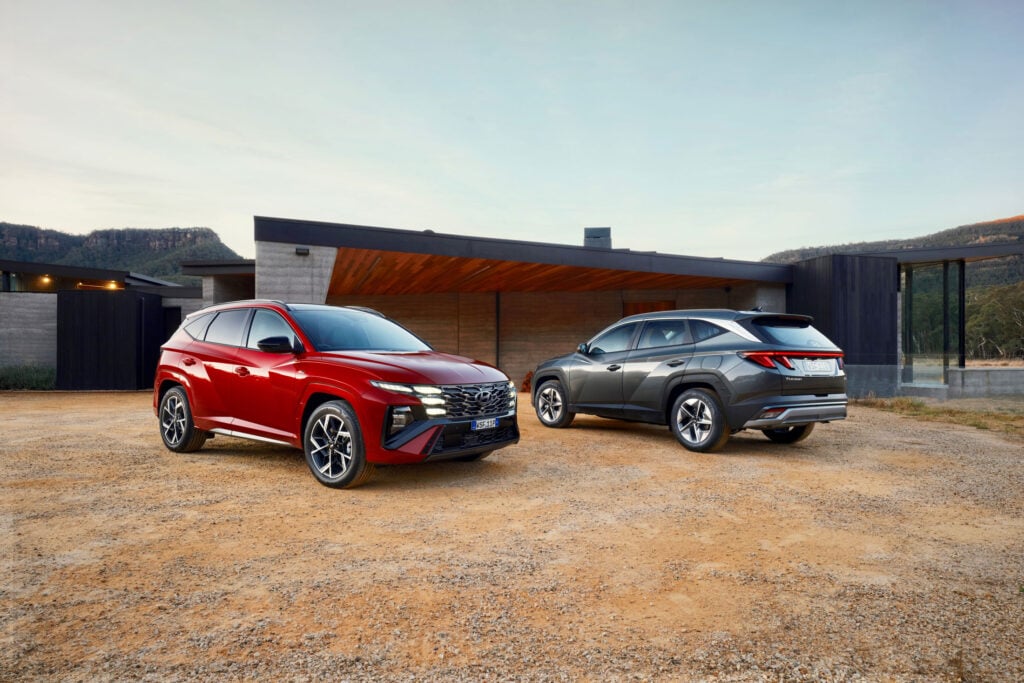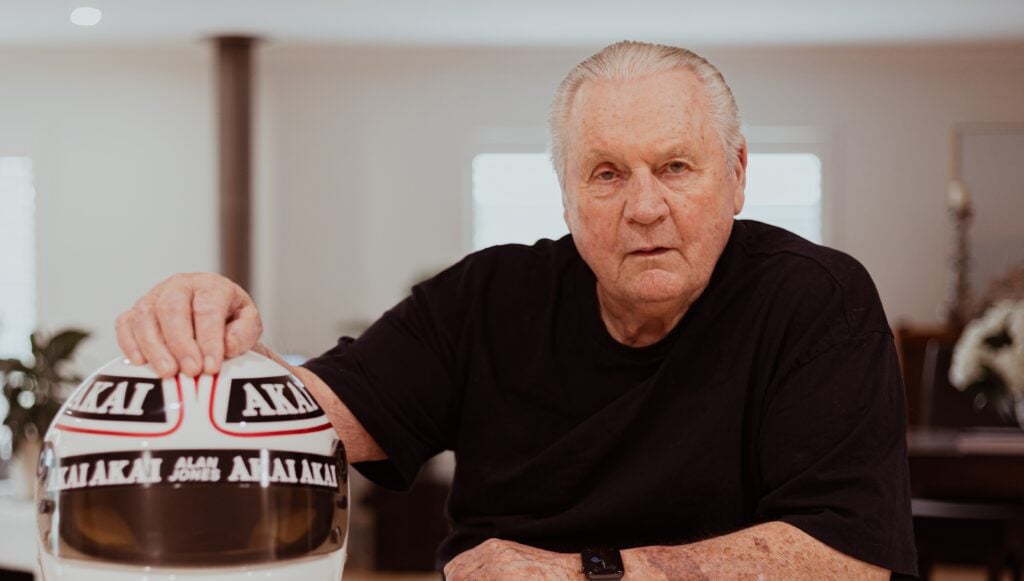Picture yourself in the USA at the dawn of the 1970s, driving out of a Cadillac dealership in the finest gosh-dang otto-mo-beel that money could buy. Your new-generation Cadillac Coupe deVille was motivated by an 8.2-litre V8, weighed 2.5 tonnes and measured 5.74 metres from one hard-edged chrome end to the other.
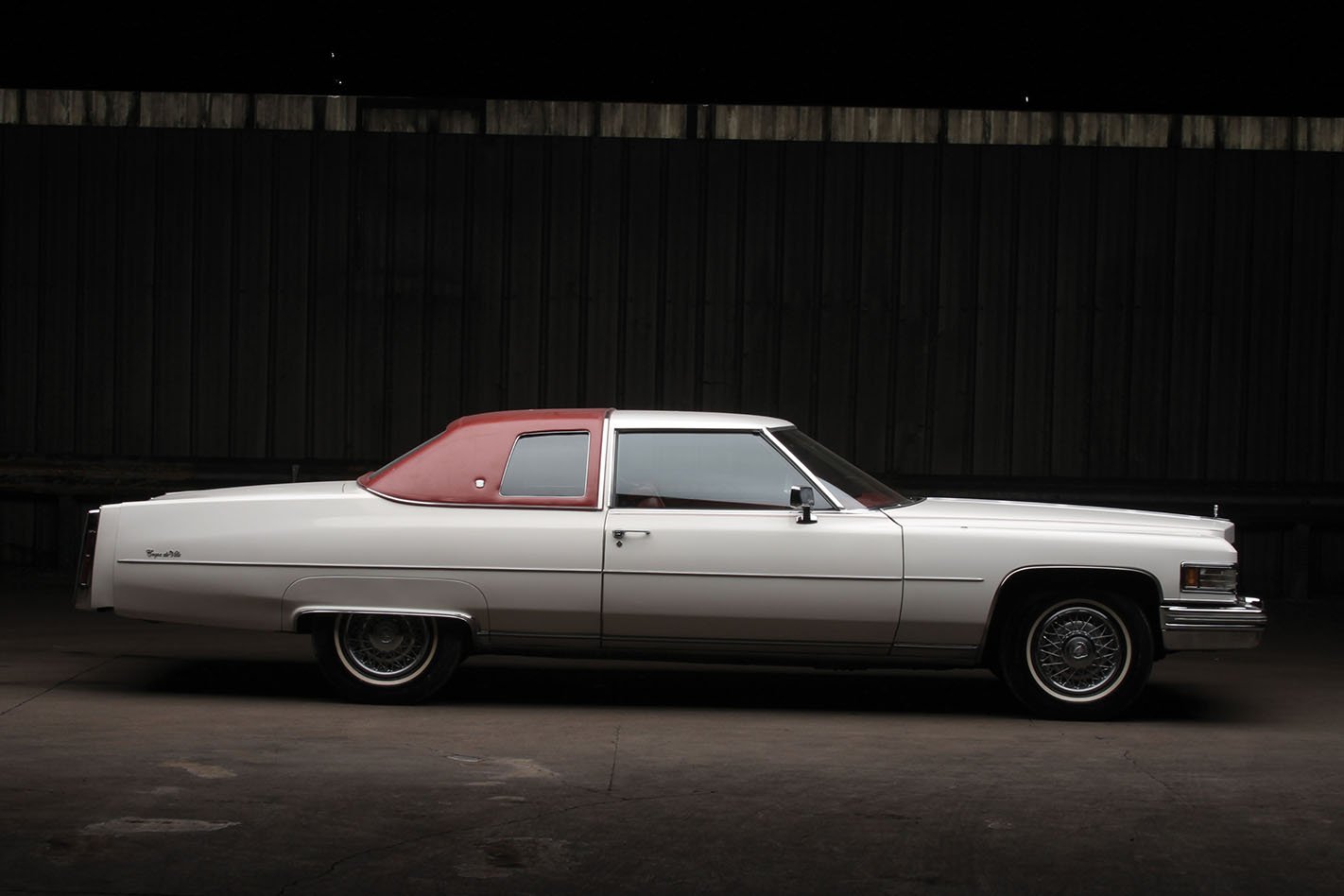
At the close of the same decade, you’d reckon on driving out of a Honda dealer in a new Civic. But that would be to underestimate America’s favourite luxury car.
The early 1970s was the best of times and the worst of times for the US car industry, with waves of labour strikes, oil crises and new safety, fuel and emissions regulations threatening to drown dozy Detroit.
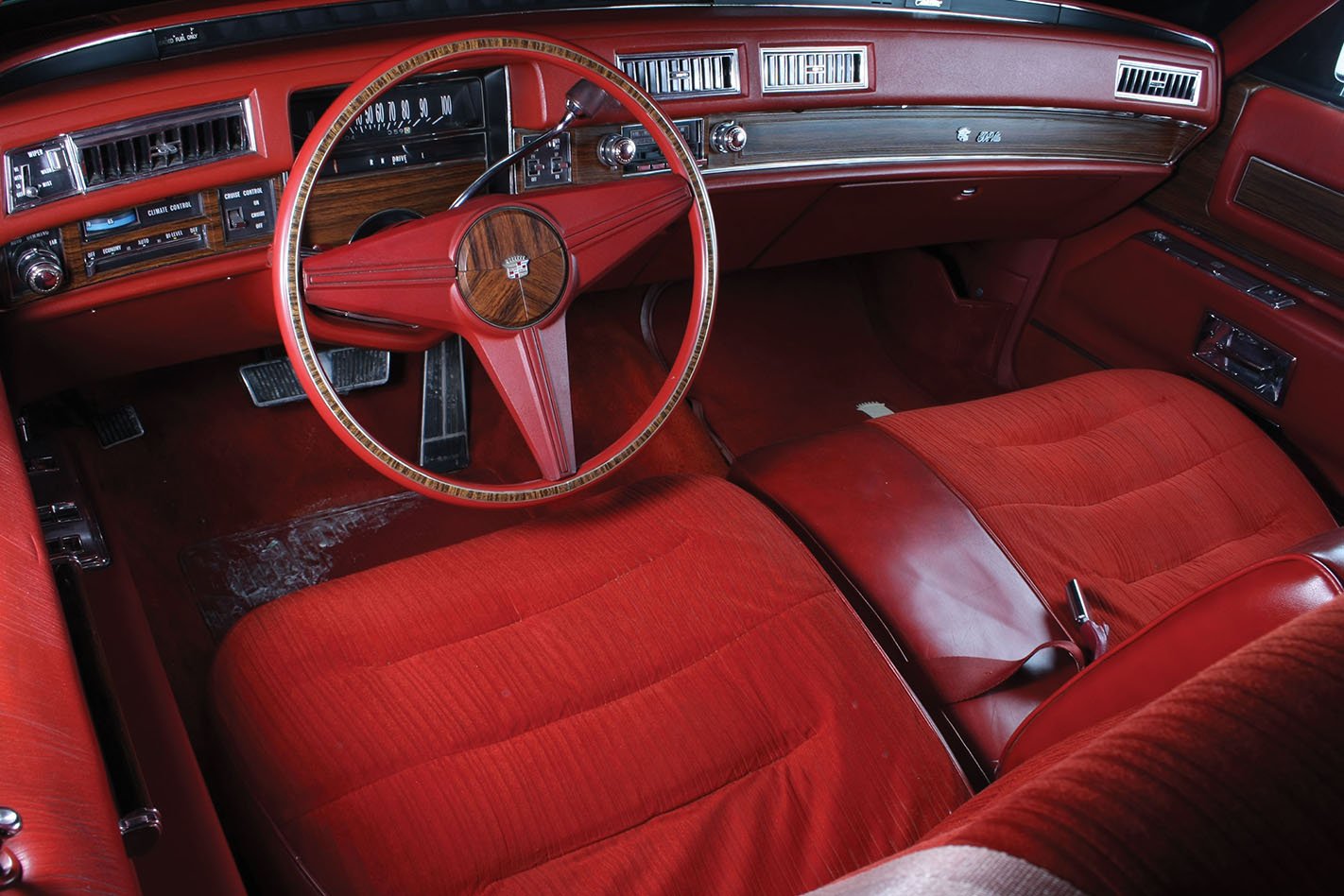
Amazingly, though, Cadillac rode majestically above the waves, its flagship deVille land-yachts barely changing from 1971-’76. Indeed, in responding to various crash and emissions requirements, the deVille got even bigger in length and engine capacity. And in 1976, the swan song of the big C-body, the Coupe deVille again bested its own sales records, with 114,482 examples built.
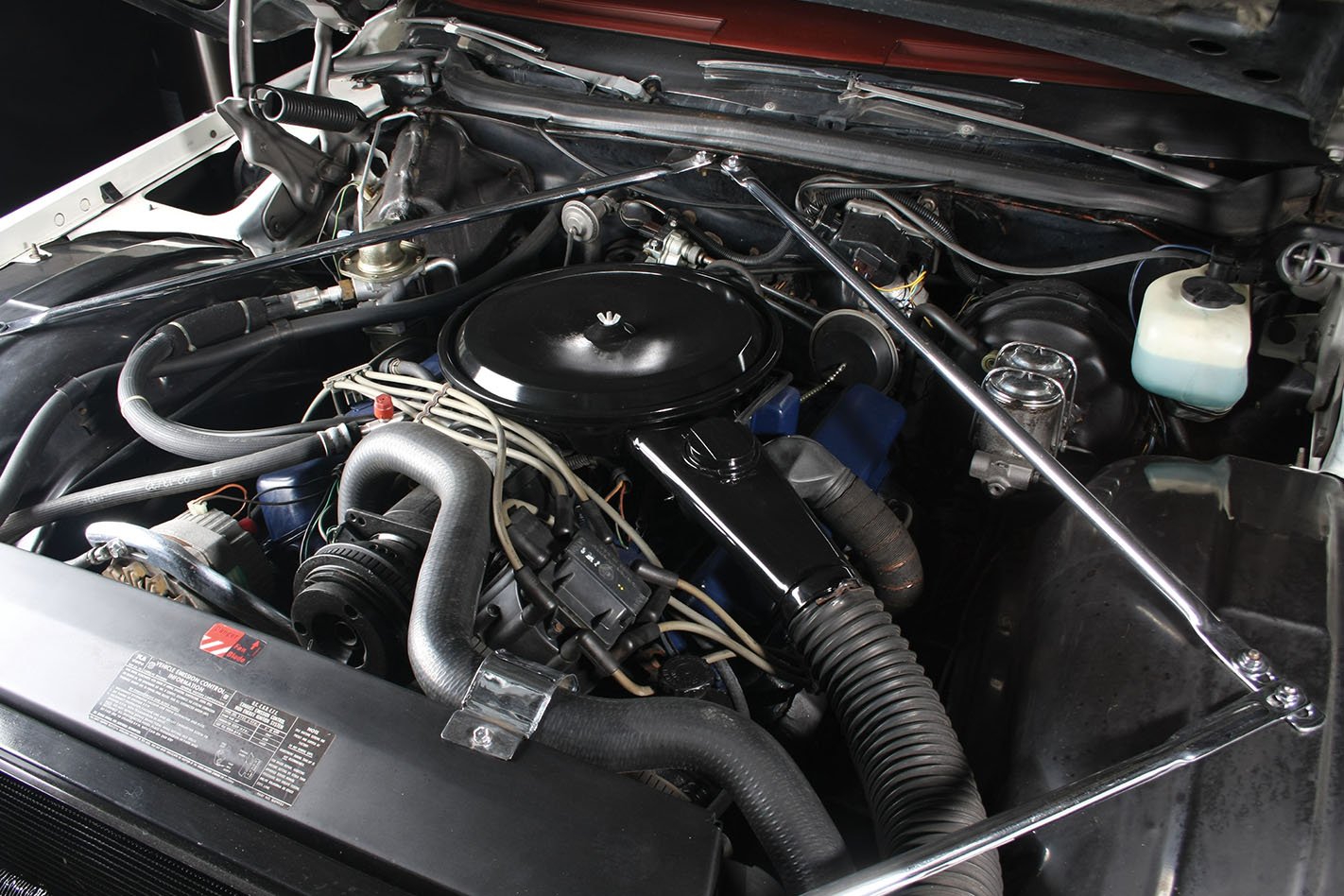
The Coupe deVille and sister four-door hardtop Sedan deVille ran the old Detroit textbook of a ladder-type chassis, waterbed-like ride, whoofly big V8, slushbox and rear-wheel drive (where the slightly smaller Eldorado range was front-drive). One semi-significant facelift change came in 1974 with the loss of pillarless rear windows for fixed ‘coach’ windows.
The 1971-’76 C-body boasted the greatest interior width to date of any GM passenger car. The pillow-soft, electric-adjustable front buckets (or split bench) were in velour or optional leather, and faced a heated windscreen, minimal instrumentation and an expanse of vinyl dashboard with fake woodgrain. To the driver’s left were the rotary dial for climate-control air-con and the switch for cruise control; to the right, a push-button radio. Rear passengers enjoyed plenty of space and a suitably plush bench with fat, central armrest.
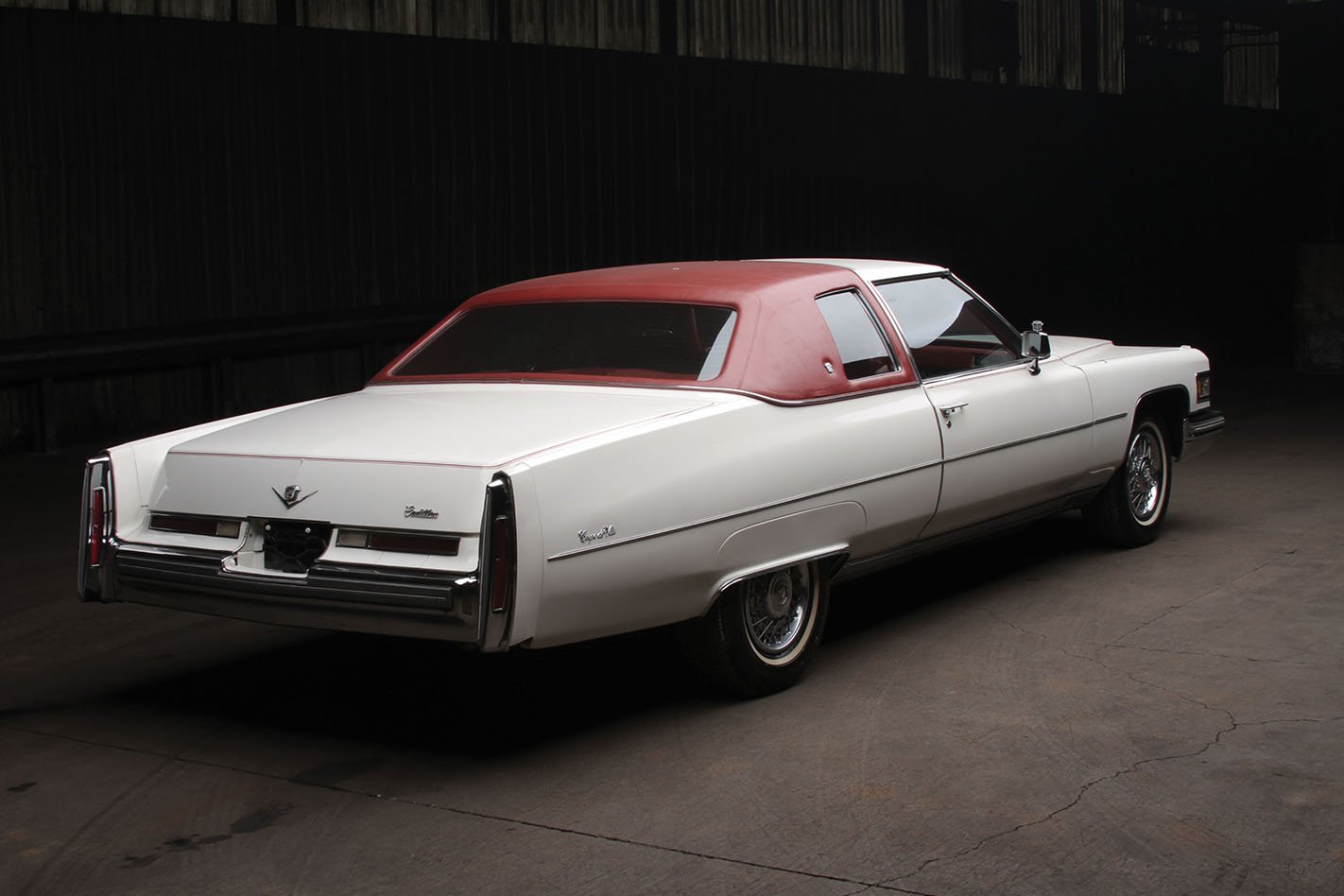
For 1977, Cadillac’s 75th anniversary year, the new-gen Coupe deVille was 240mm shorter, 430kg lighter, had ‘only’ 7.0 litres’ capacity and was 10 percent more expensive. But Cadillac had magically got it right again, and the Coupe deVille would continue on its record-breaking way into a new decade.
deVille-may-care
Tightening US regulation made Caddy’s big V8 engines even larger. The 7.7-litre unit of 1971-’75 rose to 8.2 litres in a carburetted version rated at 142kW at 3600rpm/488Nm and throttle body-injected for 157kW/515Nm. Both drove through a three-speed column-shift Turbo-Hydramatic 400 auto and hit 0-60mph in an estimated 11 seconds.
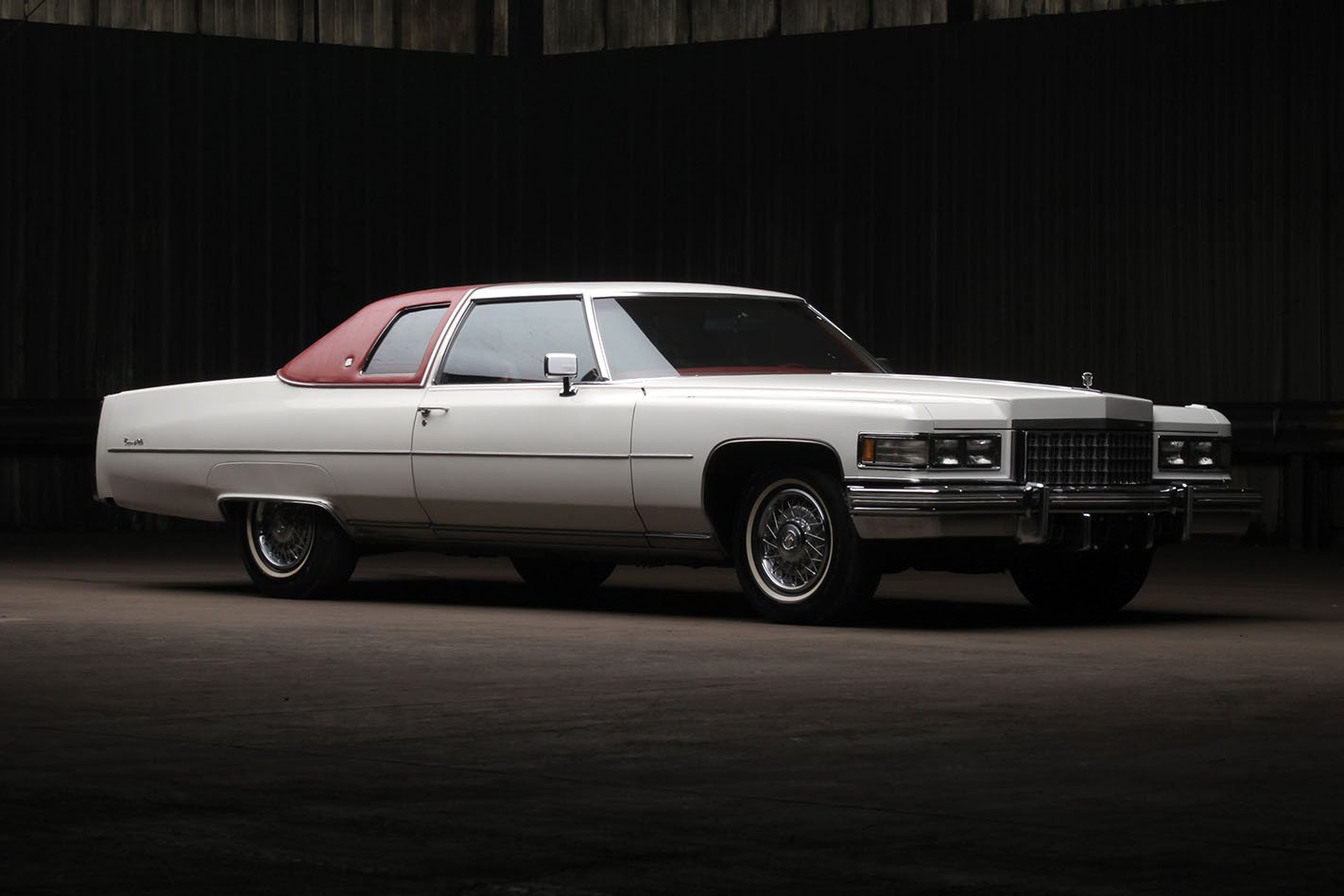
The long game
Cadillac’s final 3300mm wheelbase car rode on a ladder-type frame with boxed side sections. Front suspension was by coils with upper and lower control arms, the rear a four-link, coil-sprung live axle. Steering was power assisted, while brakes were single-piston discs (front) and rear drums. Automatic ride and skid control were options.
1976 Cadillac Coupe deVille in numbers
611,111 – The number of 1971-76 generation Coupe deVilles built
24 – litres per 100km average fuel consumption (city/highway)
1975 – Second OPEC oil crisis… meh!
5786 – Length in millimetres after 5mp/h bumpers were added in 1973

